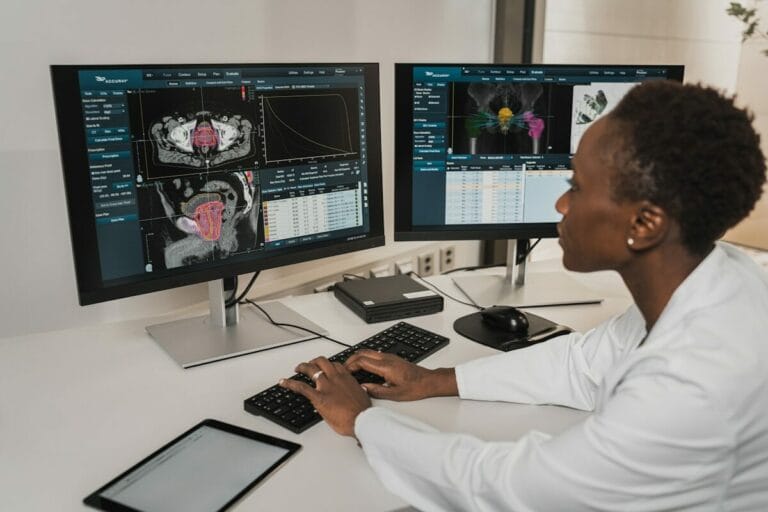Midlife Women’s Health Crisis Reveals Critical Gaps in Modern Healthcare
Amidst fragmented menopause care, a holistic approach emerges. Recognising women's needs for integrated and comprehensive wellness beyond symptoms.

As six thousand women enter menopause each day in the United States alone, a startling healthcare disparity is becoming increasingly apparent. Despite affecting millions of women globally, comprehensive menopause care remains notably fragmented, leaving many women to navigate this significant life transition without adequate support.
The Scale of the Challenge
Recent statistics paint a concerning picture: one in two women over 50 will experience bone fractures due to osteoporosis, whilst more than 75% of menopausal women report symptoms that substantially impact their quality of life. Perhaps most alarming is that 94% of women report receiving no education about menopause during their schooling years.
The economic implications are equally significant. Women experiencing severe menopause symptoms are 15.6 times more likely to face workplace challenges, including reduced hours or job changes, resulting in an estimated £1.4 billion in losses for the US economy alone.
A New Model of Integrated Care
Progressive healthcare providers are beginning to recognise the need for a more holistic approach to menopause care. Dr Maria Sophocles, an internationally recognised gynaecologist with 30 years of experience, emphasises the importance of treating the whole person: ‘We’re not here to just talk about hot flashes and bone scans. We’re here to treat the whole woman—to understand her needs, listen to her story and provide comprehensive care that fosters wellness, not just symptom relief.’
This comprehensive approach is particularly crucial given that menopause-related health concerns extend far beyond the commonly discussed symptoms. Research indicates that menopausal women face increased risks of various health conditions, with hypertension affecting 75% and osteoporosis impacting 30% of women during this life stage.
The Role of Physical Activity in Menopause Management
Exercise science is emerging as a crucial component of menopause care, particularly in addressing bone health concerns. Specialised exercise programmes focusing on strength training have shown promising results in improving bone density, posture and balance – critical factors in preventing fractures and maintaining mobility during menopause and beyond.
Movement specialist Jenni Tarma notes, ‘Menopause is not the end of vitality—it can be the start of a powerful new chapter. Our programmes are designed not just for clinical results but for overall resilience. They give women back their autonomy, their strength and their joy.’
Breaking Down Barriers to Care
Modern approaches to menopause care are evolving to address accessibility challenges. Virtual consultations, on-demand access to healthcare providers and integrated wellness programmes are becoming increasingly available. These innovations are particularly vital given that only 49% of women in perimenopause currently discuss their symptoms with healthcare professionals.
Looking Ahead
The future of menopause care lies in combining medical expertise with lifestyle interventions. This includes evidence-based exercise programmes, nutritional guidance and mental health support, alongside traditional medical treatments. Educational initiatives, including public workshops and wellness retreats, are helping to challenge outdated stigmas whilst providing women with practical tools for self-care.
With projections indicating that over one million women worldwide will reach menopause by 2025 – representing approximately 12% of the global population – the need for comprehensive, accessible care has never been more pressing. The healthcare sector’s response to this growing need will be crucial in determining how successfully millions of women navigate this significant life transition.
Do you want to share your story and inspire our readers ? Make The GOOD NEWS with us . Let’s start paving the way for a fairer, happier society together!





